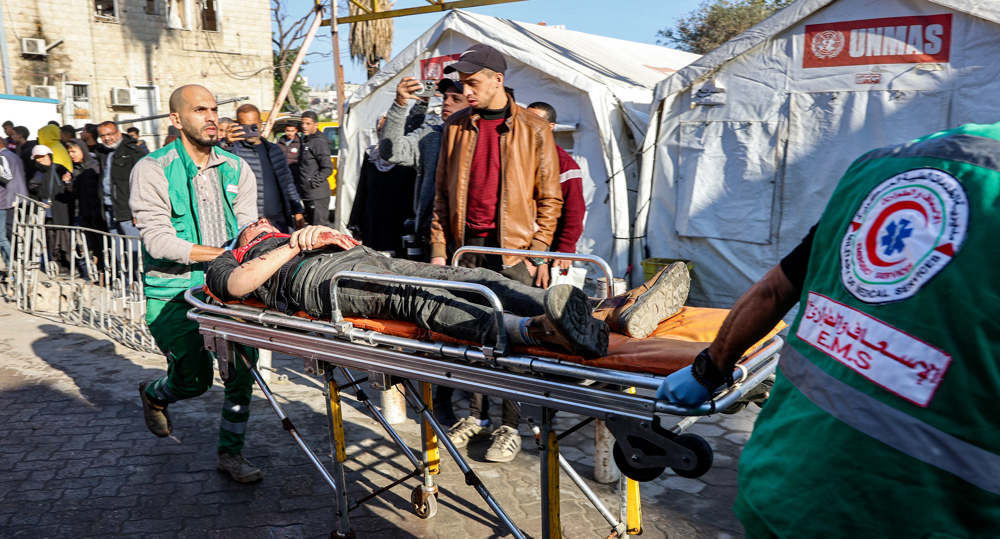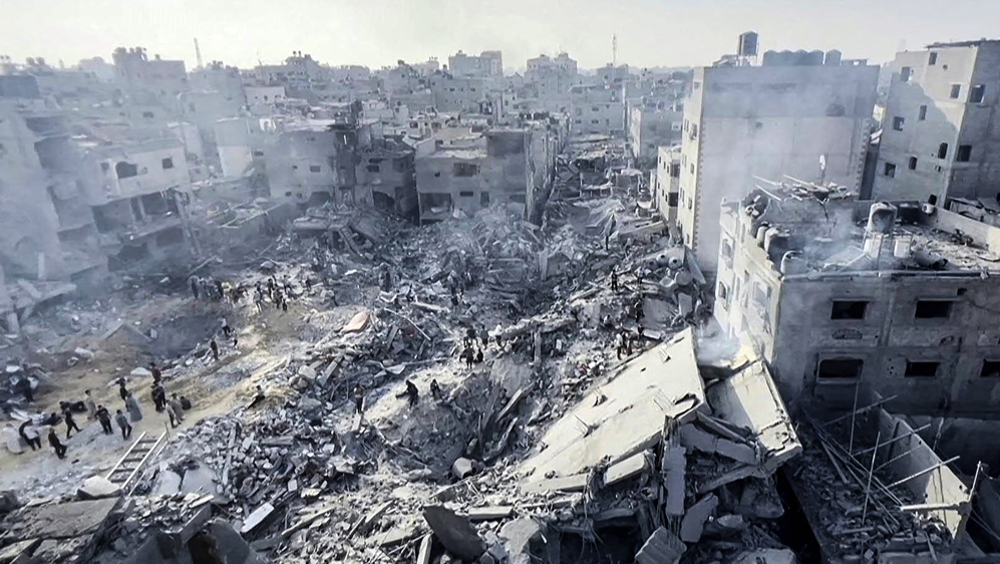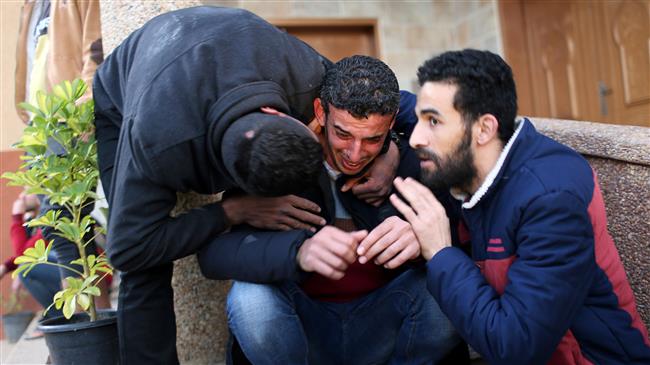Hamas welcomes recent calls for democratic Palestinian general elections
The Islamic resistance movement Hamas has praised recent calls by a political party active in the Palestine Liberation Organization (PLO) for democratic Palestinian general elections.
Hamas political bureau member Hussam Badran said in a statement on Saturday that his movement “fully supports holding general elections supervised by a national unity government that is formed consensually.”
He added that Hamas will “cooperate with all Palestinian factions and parties in order to get over the internal political crisis and the disappointing performance by the incumbent government regarding the Palestinian reconciliation project.”
“Hamas is ready to participate in a comprehensive national dialogue that would be held unconditionally. It also stresses that it rejects monopoly of power and unilateralism by some Palestinian factions under whatever pretext,” Badran said.
The Palestinian Democratic Union lately called for a comprehensive national dialogue among all Palestinian parties to open the way for presidential and legislative national councils in accordance with the full proportional representation of the factions, and under the supervision of a compatible national unity government.
On February 5, Hamas and Islamic Jihad demanded the quick formation of a new national unity government, stressing the need for further cooperation between the two groups in the face of challenges facing the Palestinian nation.
The two movements, in a joint statement released following a lengthy meeting between their representatives in the Egyptian capital city of Cairo, emphasized that a national unity government must be established in a bid to hold new parliamentary elections in Palestinian territories, and secure Palestinian unity.
Palestinian President Mahmoud Abbas announced on January 30 that the Palestinian legislative polls will be held in East Jerusalem al-Quds, the West Bank and the Gaza Strip to enable the Palestinian citizens to elect their representatives through ballots.
“The Palestinian leadership is keen to achieve the national Palestinian unity by implementing what had been agreed upon in Cairo in 2017,” Abbas said, adding that “the Palestinian leadership is committed to its implementation.”
Last December, Abbas announced that the Palestinian Constitutional Court had decided to dissolve the Palestinian parliament, better known as the Palestinian Legislative Council (PLC).
The court had also called for holding new parliamentary election in the Palestinian territories after six months of dissolving the parliament.
Late last month, Palestinian Prime Minister Rami al-Hamdallah officially submitted his resignation and that of his unity government to Abbas, casting doubt on the prospects of reconciliation efforts with Hamas.
Abbas had been facing pressure from his ruling Fatah movement over the past few weeks to remove Hamdallah from power, and establish a new government comprised of representatives from PLO factions in addition to independent figures.
Hamdallah headed the Palestinian National Consensus Government, which was formed after Fatah and Hamas reached an agreement in 2014.
Fatah leaders said there was no point in keeping the government in power in the wake of the continued crisis between their faction and Hamas.
'Next to impossible' to rescue patients from Gaza's Kamal Adwan Hospital: Director
VIDEO | Vietnam current prosperity
Report blames gasoil exports for shortage at Iranian power plants
VIDEO | Hind Rajab Foundation names Israeli war criminals vacationing after Gaza genocide
VIDEO | Australians rally for Gaza ahead of Christmas festivities
VIDEO | Attacks on Sana'a
Iran reports further drop in annual inflation rate in December
Israel indicts two settlers over suspected spying for Hezbollah



















 This makes it easy to access the Press TV website
This makes it easy to access the Press TV website